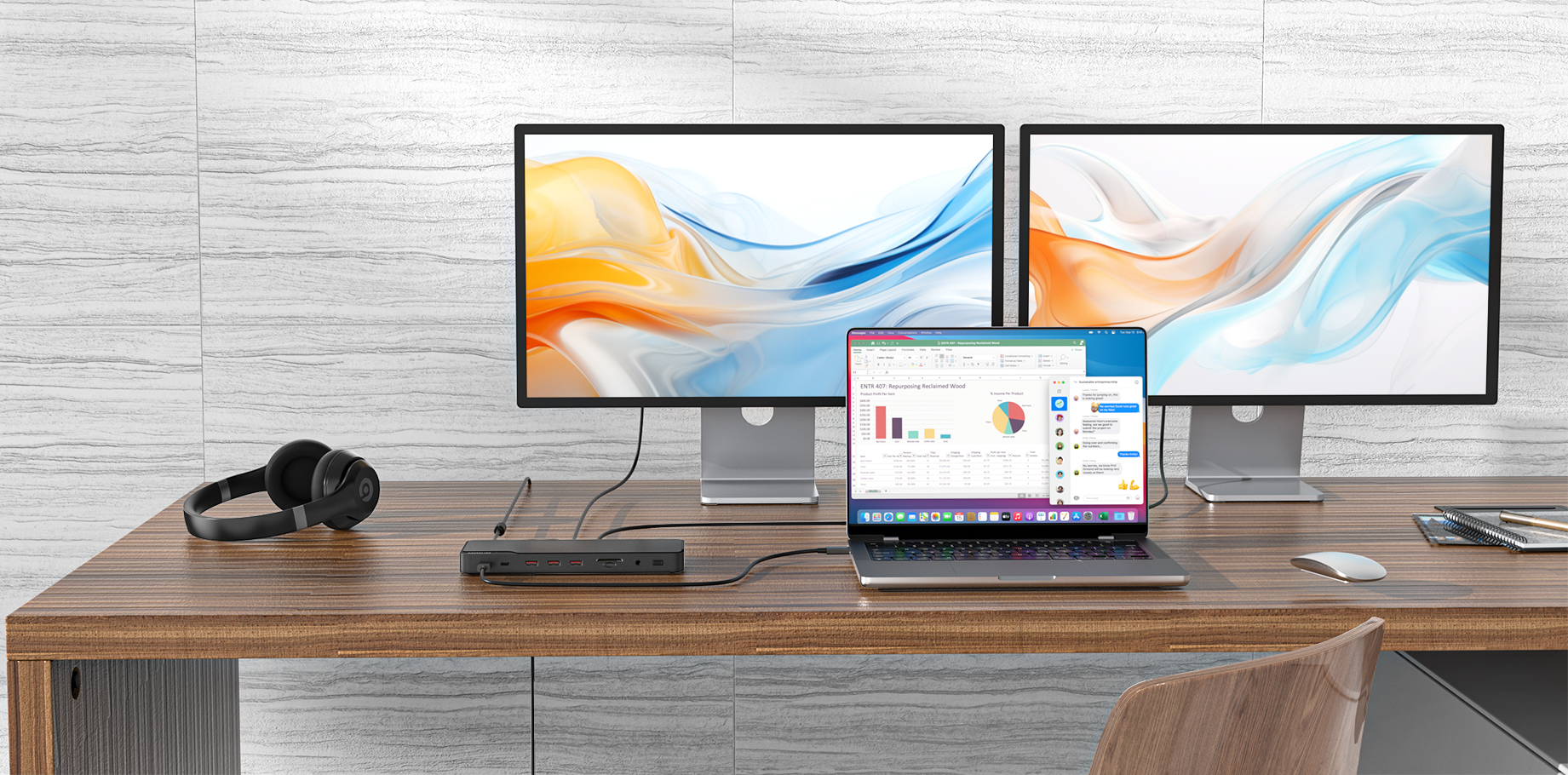Charging cables are essential for keeping our devices powered, yet they often fail unexpectedly. Whether it’s frayed wires, loose connections, or slow charging, a faulty cable can be frustrating. Understanding why charging cables fail and how to fix (or prevent) these issues can save time, money, and hassle.
Common Causes of Charging Cable Failure
1. Physical Damage (Fraying & Breaking)
- Repeated bending, twisting, or pulling stresses the cable’s internal wires.
- The weakest points (near the connectors) often fray first.
2. Poor Manufacturing Quality
- Cheap cables use thin wires and weak insulation, leading to faster wear.
- Lack of strain relief (reinforced ends) increases breakage risk.
3. Overheating & Electrical Issues
- Fast charging generates heat, which can degrade wires over time.
- Using incompatible chargers may cause overheating or short circuits.
How to Fix (or Prevent) Charging Cable Issues
✔ Reinforce Weak Points
- Use heat-shrink tubing or Sugru moldable glue to protect frayed ends.
- Wrap electrical tape around stress-prone areas.
✔ Choose High-Quality Cables
- Option for braided nylon or Kevlar-reinforced cables with sturdy connectors.
✔ Proper Handling & Storage
- Avoid tightly coiling cables; loosely loop them to reduce strain.
- Unplug by gripping the connector, not yanking the cable.
✔ Handling Poor Connector Contact
- When the plug has poor contact, try cleaning it first.
Find a cotton swab and dip it in alcohol (the kind sold at pharmacies). Use the cotton swab to wipe the metal contacts on the plug.
Often, poor plug performance is due to dust or dirt buildup. After wiping, wait a few minutes for the alcohol to evaporate, then test if it works.
If cleaning doesn't help, you can lightly sand the metal contacts with fine sandpaper. Be gentle and don't apply force, or you'll damage the plug.
When to Replace a Cable
If a cable shows severe damage (exposed wires, intermittent charging, or overheating), replacement is safer than repair. Investing in durable cables can prevent frequent failures.





